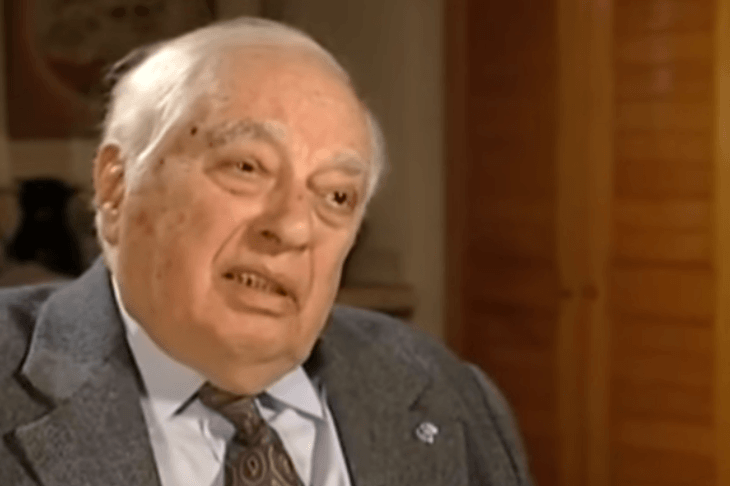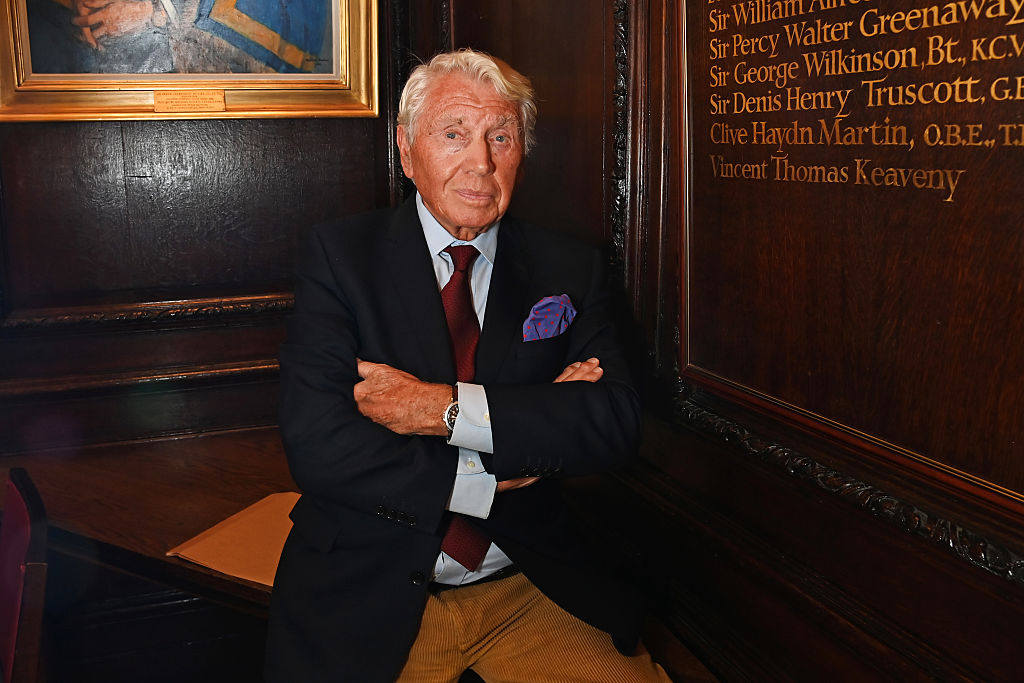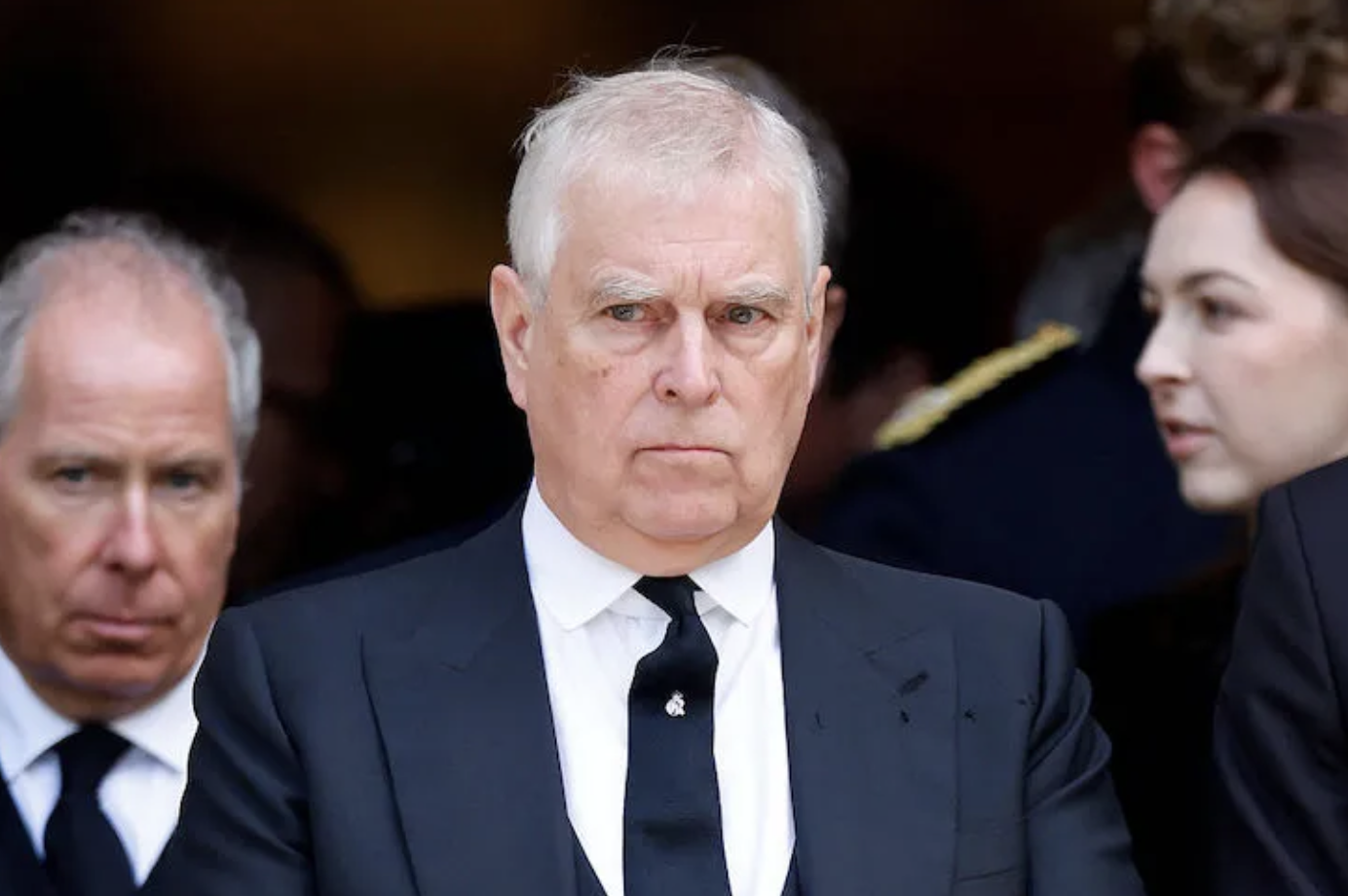When Edmund Burke died, he asked that his grave be hidden, so that his enemies wouldn’t disinter him and defile his leftovers. Bernard Lewis, who has died just short of his 102nd birthday, might have been advised to make a similar request.
Lewis was the English-speaking world’s most eminent modern scholar of the Middle East. His prose, while it didn’t exactly leap off the page, drew on decades of archival research and a deep grounding in historical method. His analysis was measured, and his conclusions were thoughtful. He said that the Arabs were the authors of their own misery, and that the ‘return of Islam’ meant that unhappy Islamists were going to share their misery with the rest of the world. No doubt his death is being quietly celebrated in departments of Middle Eastern Studies the world over.
Lewis was an Orientalist before Edward Said made that a term of abuse. Said was not a scholar of the Middle East, but a polemicist from the Middle East. He was also an intellectual impostor. Ever since Orientalism came out in 1978, proper historians have concluded that it would be a masterpiece, if only it were true. The only people who take Edward Said’s books seriously are, in no particular order of irrelevance, academic poseurs, chippy lefties, and the legions of chippy academic lefty poseurs churned out by the departments of Middle Eastern Studies.
Unfortunately, Said’s fellow-travelers were in the process of taking over the academic humanities at the time Orientalism came out. The result was that the study of Islam and the Middle East, once one of the jewels in the crown of Western scholarship, became a stage for salon Maoism and callow anti-Westernism. Said became a sort of intellectual pet for guilty white Americans, and Lewis and the traditional, which is to say, professional Orientalists, were driven from Middle Eastern Studies, many of them to regroup in a ghetto called Jewish Studies. All very entertaining if intellectual perversion or academic careerism or avenging the Arab nation’s humbling by the treacherous Zionists is your thing, but also fundamentally false, and not really related to historical reality, either.
Lewis had a close relationship to political reality. Too close, in Said’s estimate. If you were to put Said on the couch—late-Ottoman, preferably with French stylings—you might conclude that his central thesis in Orientalism was an assault on Lewis, the daddy of the field. Veiled, of course, but full-frontal. Said claimed that classic Orientalist historiography was nothing more than the intellectual armor of European colonialism. Lewis had got his field experience among the Arabs in the French and British colonies of the Middle East, and had served in British military intelligence in Cairo during the war. After moving to American in the 1970s, Lewis criticized the Soviet Union. He was a Zionist Jew too.
So, who was right, Ed the Arab or Bernie the Jew? In 1979, while Bernie warned that Ayatollah Khomeini was up to no good, Ed was complaining in The Nation about the ‘depressing and misleading’ image of ‘Islam’ in the Western media: ‘What emerges is that Ayatollah Khomeini, Col. Muammar el-Qaddafi, Sheikh Ahmed Zaki Yamani and Palestinian terrorists are the best-known figures in the foreground, while the background is populated by shadowy (though extremely frightening) notions about jihad, slavery, subordination of women and irrational violence combined with extreme licentiousness.’
Call me a Zionist, but haven’t subsequent events tended to confirm that image? The only change is that the Palestinian terrorists, instead of being secular leftists like Ed, are now religious lunatics. Bernie also warned that ‘the return of Islam’, which Ed said was a ‘fiction’ of the Western academic-media complex, was actually happening, and that all that resentment was all going to blow up in the West’s face like an exploding waistcoat. Full marks, Bernie, and thank you for that handy phrase, ‘clash of civilisations’.
But Bernie also had his failings, and some of them closely resemble Ed’s. Ed never let the truth get in the way of his politics, and Bernie might have let his politics get in the way of the truth. In 1950, having realized that he wouldn’t be able to work in Arab archives because he was Jewish, Lewis found himself in the right place at the right time. When Turkey opened the Imperial Ottoman archives to researchers, Lewis was first through the door. In 2001, he was in the wrong place at the right time. After 9/11 he became an influential adviser to the Bush administration. They would have invaded Iraq anyway, but Lewis’ imprimatur added a certain intellectual weight to the invasion. Certainly, he didn’t tell the Bush administration that democratizing Iraq was a bad idea.
Lewis was a superb historian, probably the last in the line of the Western Orientalists. He educated millions through his books, rather than indoctrinating dozens through his lectures. He got the big questions right, and correctly foresaw the moral and political breakdown of the Islamic world. But when it came to the invasion of Iraq, his professional opinion was wrong. It could have been worse. Most of the time, historians don’t even predict the past correctly.

























